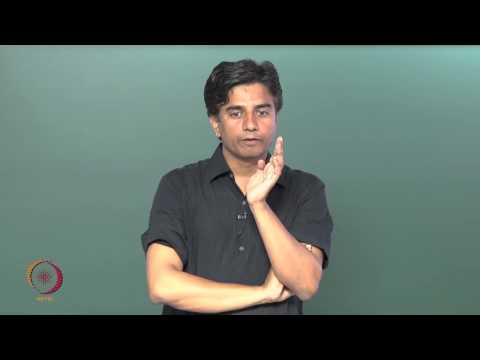Description:
This course offers a view of human language as a rule-governed system. It will show how language is learned and how the human mind stores the structure of language. This course will introduce components of linguistics theory in a generative framework. Some broad topics that will be covered in this course include Introduction to language and linguistics as a scientific domain of systematic investigation into language at the levels of sounds, words, and sentences. Nature of learning language from generative perspective; Biological Foundation of Language; Generative Foundation of Language Acquisition; Language Acquisition Device; Universal Grammar; Structure of Language around Sounds, Words, and Sentences; Constraints on Word Formation; Introduction to phonotactic constraints on word formation; Order of Words in Sentence (Subject-Object-Verb); X-bar Theory (Specifiers vs. Complements, Arguments vs. Adjuncts); Theta-Theory; Theta Role Assignment; Case theory (Abstract, Inherent, and Morphological Case, Exceptional Case Marking, Nominative-Accusative vs. Ergative-Absolutive patterns); Raising Movement (A-Movement); Movement in Passives; A-bar-Movement (Wh- Movement, Constraints on A-bar Movements; Binding Theory (Conditions A, B, and C, Role of Structural Relationships such as C-command, Locality, Binding Domains); Constraints on Movement
Read more

Principles and Parameters in Natural Language
Add to list